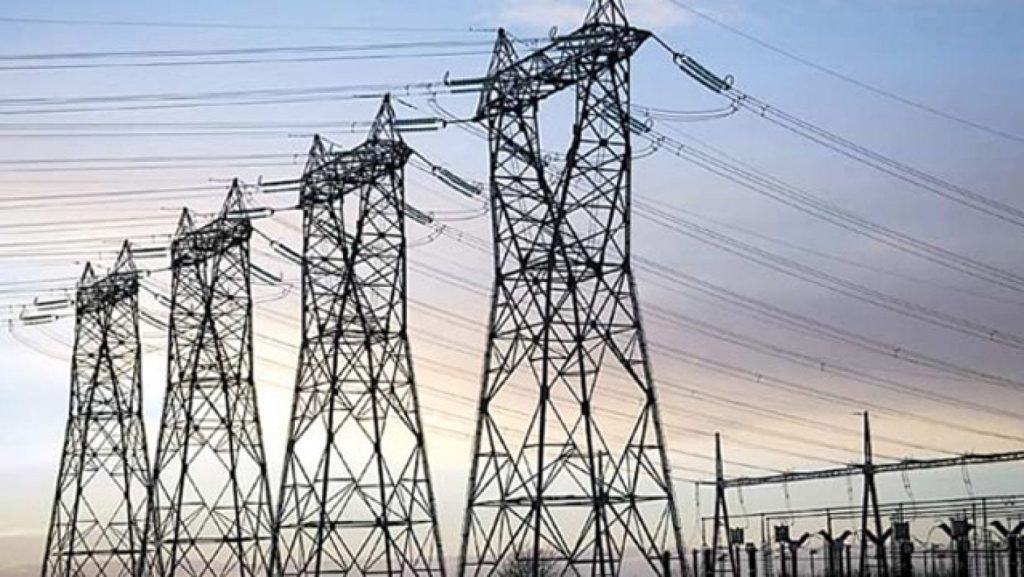Nigeria’s national grid has collapsed for the third time in less than a week, leading to a widespread blackout in the country. The grid, which has been facing disruptions recently, was restored just two days ago before failing again on Saturday.
As of 9 a.m. today, checks showed that the grid was not transmitting any megawatts to the eleven distribution companies (DisCos) nationwide.
This is the eighth grid failure in 2024, with three occurring within the past week. The Transmission Company of Nigeria (TCN), responsible for managing the national grid, has not yet issued a statement regarding the latest collapse.
Numerous states are still without power, and the inability of the grid to transmit electricity has resulted in households and businesses being in complete darkness.
Back Story
On Tuesday, a national grid collapse in Nigeria caused another power outage, just a day after electricity had been restored. The latest collapse, which occurred at approximately 9 a.m. on Tuesday, was confirmed by various distribution companies (DisCos).
The DisCos stated that they were currently working to restore power, but the frequent failures have increased frustration among citizens and businesses who are already dealing with an unreliable power supply.

In a message to its customers, Ikeja DisCo stated:
“Please be informed that we experienced another system outage today, 15/10/24, at 09:17hrs, affecting supply within our network. Restoration of supply is ongoing in collaboration with our critical stakeholders. Kindly bear with us.
The electricity sector in Nigeria continues to face challenges with a fragile national grid, leading to frequent nationwide blackouts.
News Central reported two grid collapses within a 24-hour period earlier this week.
By October 2024, the national grid had collapsed seven times severly disrupting power supply nationwide, compelling businessed to rely heavily on self-servicing generators to maintain their operations.
In November 2013, the Nigerian government privatised power generation and the 11 distribution companies while maintaining ownership of the transmission company in a bid to improve efficiency in the sector.
Despite these initiatives, grid failures have persisted, prompting calls for further reforms.
Some stakeholders are now suggesting the privatisation of the grid system and transferring power transmission responsibilities to state-level authorities to alleviate pressure on the national grid and enhance stability.


